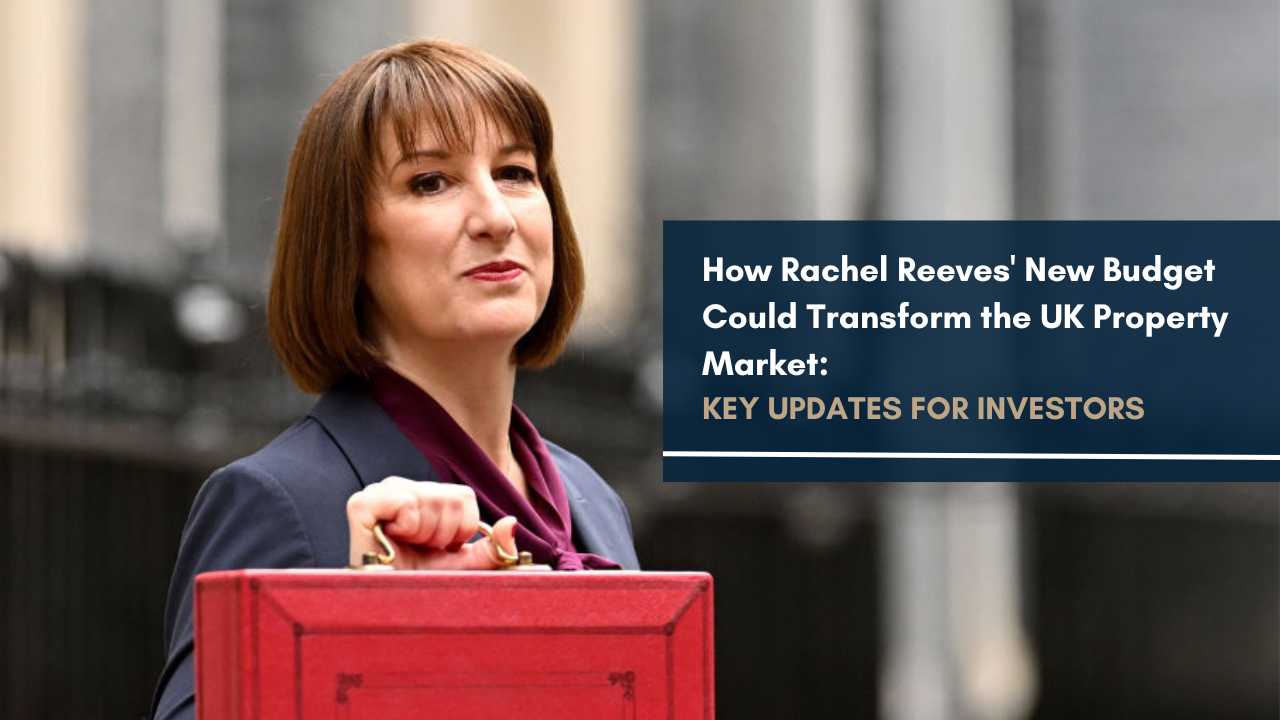Off-plan property investment, the practice of purchasing a property before it has been built, has become increasingly popular among investors looking for potentially higher returns in the real estate market.
There are plenty of benefits to buying an off-plan property, but what if you combine off-plan property with another investment strategy?
Flipping involves purchasing a property and then selling it again shortly afterwards, usually after fixing issues or updating the interior design to generate a higher price and achieve a solid profit.
Combining flipping with off-plan property is slightly different though. Instead of doing any work on updating the property, the investor simply buys an off-plan property at a below-market value rate, waits for the construction to progress or complete, and then sells it again just before or shortly after completion. This usually generates a tidy profit as the local property market will have progressed during construction, meaning the property is worth more than what the investor initially paid for it.
While flipping off-plan properties can provide lucrative opportunities, it also comes with its fair share of risks and challenges. So in this article, we’ll explore the pros and cons of flipping off-plan properties, helping you decide whether this investment strategy is right for you.
Pros of Flipping Off-Plan Properties
1) Capital Appreciation Potential
One of the most significant advantages of flipping off-plan properties is the potential for capital appreciation. Investors often secure off-plan properties at a lower price than the market value of a completed property, as developers are usually keen to sell units quickly to finance their project.
As the development progresses and demand for the property increases, the value of the property can rise, providing investors with the opportunity to sell at a higher price before or upon completion.
2) Lower Initial Investment:
Off-plan properties typically require a lower initial investment compared to purchasing a completed property. Developers often offer incentives, such as discounts or payment plans, to encourage investors to buy off-plan. This lower initial investment can make it more accessible for investors to enter the property market and begin building their portfolios.
3) New and Modern Properties
Off-plan properties are new and modern, making them attractive to potential buyers or tenants. These properties usually come with modern amenities, energy-efficient features, and contemporary designs, which can help attract a premium when selling or renting the property.
Additionally, new properties tend to require less maintenance, reducing the likelihood of unexpected repair costs that may eat into your profit margins.
Cons of Flipping Off-Plan Properties
1) Market Volatility
Flipping off-plan properties carries the inherent risk of market volatility. While property values generally increase over time, short-term fluctuations in the market can impact the profitability of flipping off-plan properties.
If the market experiences a downturn between the time of purchase and completion, investors may struggle to sell the property at a profit, or in some cases, even recoup their initial investment.
2) Development Delays and Quality Issues
Off-plan properties are subject to potential development delays or quality issues that can impact the completion timeline or the final product. Delays can be due to various factors, such as planning permission issues, labor shortages, or financial difficulties faced by the developer.
If the development is delayed, investors may face holding costs or miss out on other investment opportunities. Additionally, if the completed property does not meet the expected quality or specifications, investors may struggle to sell the property at their desired price.
3) Lack of Immediate Income
Flipping off-plan properties does not provide an immediate income stream, as investors have to wait for the property’s completion before selling or renting it out. This lack of immediate income can be a disadvantage for investors who rely on rental income to cover their expenses or supplement their income.
4) Difficulty in Securing Mortgages
Securing a mortgage for an off-plan property can be more challenging than obtaining financing for a completed property. Lenders may view off-plan properties as higher risk investments due to the uncertainties surrounding the development’s completion and potential resale value. As a result, investors may face stricter lending criteria or higher interest rates when financing an off-plan property.
Conclusion
Flipping off-plan properties can offer attractive returns and opportunities for investors, but it also comes with inherent risks and challenges. Weighing the pros and cons of this investment strategy is crucial to determine if it aligns with your financial goals and level of risk aversion.
If you are unsure whether this strategy is the right one for you, speak to us today to get free, impartial advice and explore your options. Our Team at Track Capital are experts in off-plan property investment strategies and are available to help you in making these important decisions.
































